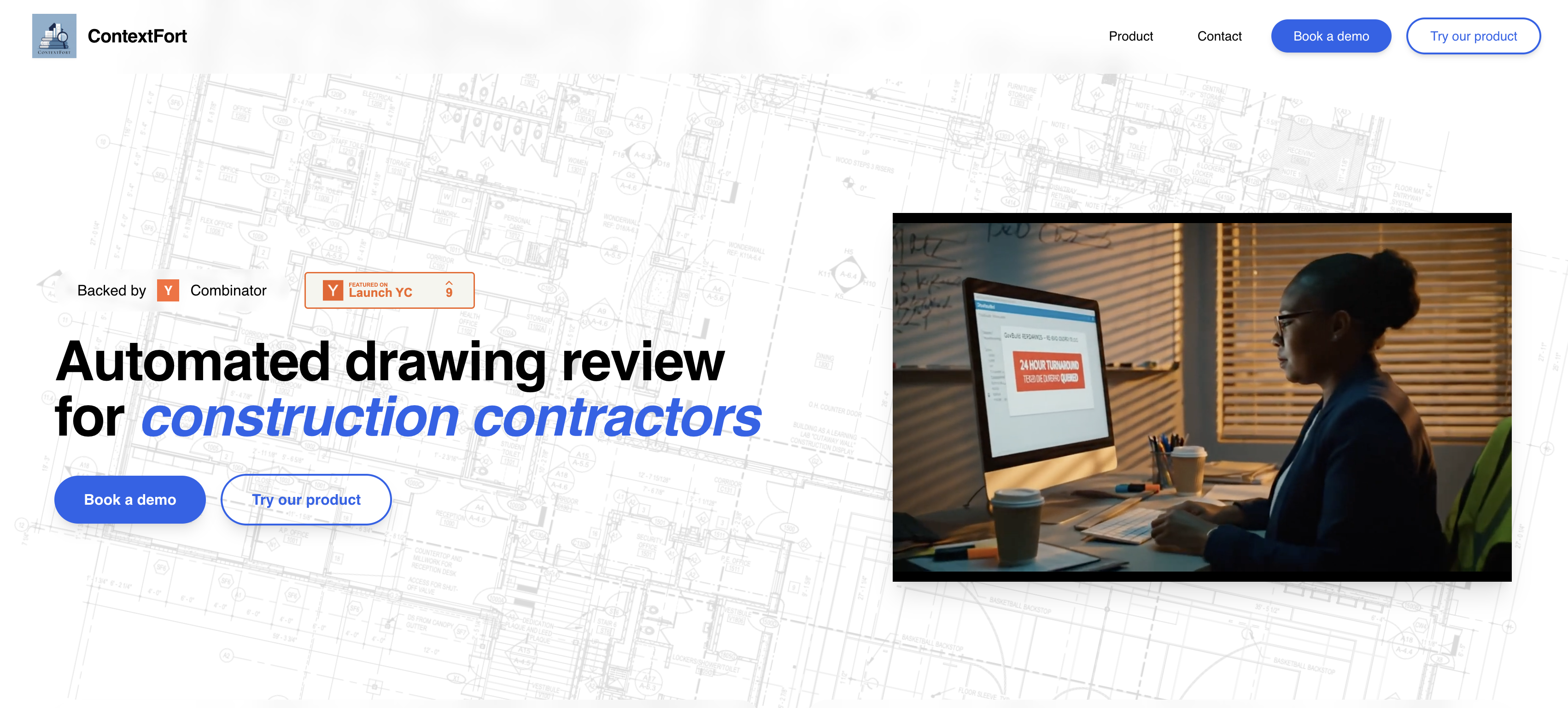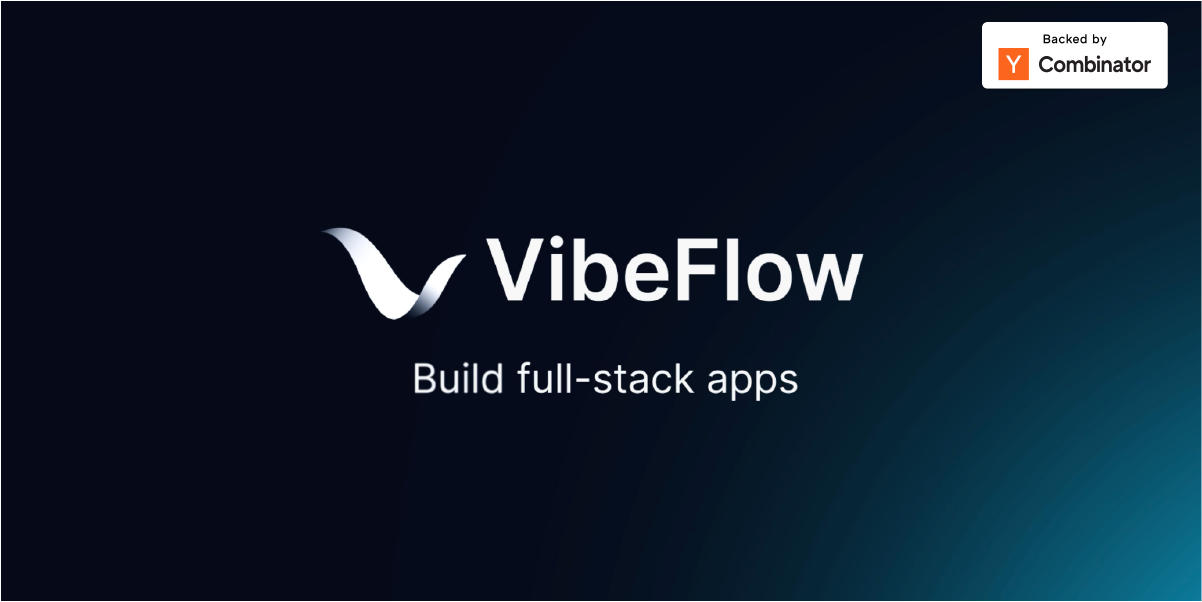Small business owners face a critical decision when selecting financial management tools: traditional accounting software or full-service accounting solutions.
Small business owners face a critical decision when selecting financial management tools: traditional accounting software or full-service accounting solutions. Both 1-800 Accountant and QuickBooks offer distinct approaches to managing your business finances, but their service models differ significantly. Understanding these differences is essential for making an informed decision that aligns with your business needs and operational style.
What Makes These Platforms Different?
The fundamental difference between 1-800 Accountant and QuickBooks lies in their core service philosophy. 1-800 Accountant operates as a service-first solution with supporting technology, essentially functioning as your outsourced accounting department. Their approach combines human expertise with technology, offering personalized service tailored to your specific industry and state regulations. The platform's primary focus is on delivering comprehensive financial solutions rather than just software tools.
QuickBooks takes the opposite approach, starting as accounting software but evolving to include QuickBooks Live, which supplements its robust software platform with professional accounting assistance. The core QuickBooks Online product remains software-centric, allowing users to manage their own bookkeeping with intuitive tools for tracking expenses, creating invoices, and generating reports. QuickBooks Live adds a human element by connecting users with certified bookkeepers who can help set up accounts, categorize transactions, and prepare financial statements.
Your preference between these models depends heavily on how hands-on you want to be with your financial management. Business owners who prefer delegating accounting tasks entirely while focusing on core operations typically gravitate toward 1-800 Accountant's comprehensive service model. Those who value direct control over their financial data and enjoy managing their own bookkeeping often find QuickBooks' self-service capabilities more appealing.
Service Delivery Models Explained
1-800 Accountant provides small businesses with access to dedicated accounting professionals, including CPAs and tax experts. Their service packages typically include tax preparation, bookkeeping, financial reporting, and year-round tax advisory services. Clients work with the same professionals throughout their relationship, building institutional knowledge about their business over time. This continuity creates a seamless experience where your accountant understands your industry challenges and business goals.
QuickBooks Live operates differently, offering a hybrid model that provides flexibility for various business needs. You can use the software independently for complete control over your bookkeeping, or opt for professional support when needed. The platform connects users with certified bookkeepers who review transactions, reconcile accounts, and prepare financial statements. However, the primary experience remains software-centric, with professional services acting as supplementary support rather than the main offering.
How Much Does Each Platform Cost?
Pricing structures reflect the fundamental differences in service approaches between these platforms. 1-800 Accountant offers tiered flat-rate monthly packages ranging from $139 to $399 per month, typically billed annually. The Business plan at $139 monthly includes basic tax support and consultation, while the Corporation plan at $225 monthly adds comprehensive tax preparation services. Their Enterprise plan at $399 monthly incorporates full bookkeeping and financial reporting services, providing predictable costs regardless of transaction volume.
QuickBooks takes a different pricing approach with QuickBooks Online starting at $30 monthly for Simple Start and scaling up to $200 monthly for Advanced features. QuickBooks Live adds another cost layer, starting at approximately $200 monthly for businesses with monthly expenses under $10,000. Costs increase to $400 monthly for businesses with expenses exceeding $50,000, creating a volume-based pricing model that grows with your business activity.
Value Comparison Breakdown
Value analysis reveals important distinctions between these platforms:
- 1-800 Accountant strengths: Better value for businesses seeking comprehensive human expertise, particularly for tax preparation and strategic advisory services. The flat-rate structure becomes especially advantageous for growing businesses with increasing transaction volumes.
- QuickBooks advantages: Superior value for businesses comfortable managing their own bookkeeping who occasionally need professional assistance. The software's extensive features and integrations offer significant utility per dollar spent for self-service oriented users.
- Cost predictability: 1-800 Accountant provides fixed monthly costs regardless of business growth, while QuickBooks costs can increase significantly as transaction volumes rise.
- Professional expertise: 1-800 Accountant includes dedicated CPA access in higher-tier plans, while QuickBooks Live bookkeepers have variable expertise levels without guaranteed CPA credentials.
The flat-rate pricing model becomes particularly beneficial for high-volume businesses that would face escalating costs with QuickBooks' volume-based structure. Businesses prioritizing technological automation and direct control over their financial data often find QuickBooks provides better value through its extensive feature set and integration capabilities.
What Tax Services Do They Provide?
Tax management represents one of the most significant differences between these platforms. 1-800 Accountant positions tax expertise as a core competency, offering comprehensive tax services including preparation, filing, and year-round strategic tax planning. Their dedicated tax professionals specialize in both personal and business taxes, providing services like entity formation, tax-saving strategies, audit support, and assistance with complex tax situations. The service maintains a proactive approach, conducting quarterly tax reviews to identify savings opportunities throughout the fiscal year.
QuickBooks offers more limited tax support through its basic platform, primarily focusing on tax preparation rather than comprehensive advisory services. While QuickBooks Online provides tax-ready reports and basic tax calculation tools, full tax services require additional subscriptions to QuickBooks Live Full-Service Tax or third-party integrations. The software excels at organizing financial data for tax preparation but lacks the integrated strategic tax planning offered by 1-800 Accountant. Businesses with complex tax situations typically need to hire external tax professionals or accountants when using QuickBooks.
State-Specific Tax Expertise
1-800 Accountant provides state-specific expertise that helps businesses navigate local tax regulations, ensuring compliance across multiple jurisdictions. Their professionals understand the nuances of different state tax codes and can provide guidance on multi-state operations. This expertise becomes particularly valuable for businesses operating in multiple states or considering expansion into new markets. The service also offers entity formation guidance, helping businesses choose the most tax-efficient structure for their specific situation.
QuickBooks users often face a more fragmented tax process, potentially needing to export data to separate tax preparation services or professionals. The platform lacks integrated multi-state tax expertise, requiring users to seek external guidance for complex tax situations. For businesses with straightforward tax needs operating in a single state, QuickBooks' basic tax tools may suffice, but complex situations require additional professional support.
How Do Bookkeeping Features Compare?
Bookkeeping capabilities show considerable variation between the two platforms. 1-800 Accountant provides full-service bookkeeping through their Enterprise plan, where professional bookkeepers handle transaction categorization, account reconciliation, and financial statement preparation. Their system combines proprietary technology with human oversight, ensuring accuracy while removing the burden of data entry from business owners. The service follows standardized accounting procedures, maintaining consistency across all client accounts, though this approach offers less hands-on control for business owners who prefer managing their own books.
QuickBooks excels in bookkeeping functionality through its intuitive software interface. The platform offers automated bank feeds, transaction categorization, and customizable chart of accounts, allowing users to maintain detailed financial records with minimal effort. QuickBooks Live enhances these capabilities by adding professional oversight where certified bookkeepers review transactions, reconcile accounts, and close books monthly. The software's robust reporting engine generates detailed financial statements, cash flow analysis, and customizable business reports that provide real-time insights into financial performance.
Financial Reporting Capabilities
Both platforms offer comprehensive financial reporting, but with different delivery methods. 1-800 Accountant provides professionally prepared reports delivered according to predetermined schedules, typically monthly or quarterly. These reports come with professional interpretation and analysis, helping business owners understand their financial position and identify areas for improvement. The service includes cash flow projections, profit and loss analysis, and balance sheet preparation with explanatory notes.
QuickBooks allows on-demand report generation with extensive customization options, enabling users to analyze specific aspects of their business performance at any time. The platform offers over 65 standard reports with the ability to customize fields, filters, and formatting. Users can create dashboard views for real-time financial monitoring and set up automated report delivery to stakeholders. This flexibility appeals to businesses requiring frequent, customized financial analysis or those with specific reporting requirements for investors or lenders.
Which Platform Offers Better User Experience?
The user experience of these platforms reflects their fundamental differences in service approach. 1-800 Accountant offers a straightforward client portal designed primarily for document sharing, communication with your accounting team, and accessing completed financial statements. The interface is intentionally simple, as most of the actual accounting work happens behind the scenes with your dedicated professionals. Users report the platform is easy to navigate, though it lacks the extensive self-service features found in traditional accounting software.
QuickBooks delivers a significantly more comprehensive user interface designed for hands-on financial management. The dashboard provides at-a-glance financial insights, with intuitive navigation to core functions like invoicing, expense tracking, and reporting. The software incorporates user-friendly automations for transaction categorization, receipt capture through mobile apps, and bank reconciliation. For those using QuickBooks Live, the interface includes communication tools for interacting with your bookkeeper, though the primary experience remains software-centric.
Learning Curve and Accessibility
1-800 Accountant requires minimal learning curve since most interactions happen through direct communication with your accountant via phone, email, or messaging within the portal. Business owners can focus on their core operations while their accounting team handles the technical aspects of financial management. The platform works well for entrepreneurs who prefer delegating accounting tasks entirely, focusing only on reviewing finished results and making strategic decisions based on professional recommendations.
QuickBooks has a steeper learning curve but delivers greater control and functionality for users who want direct access to their financial data. The platform offers extensive training resources, including video tutorials, webinars, and certification programs. Users comfortable with technology often appreciate the ability to perform accounting tasks themselves and access real-time financial information. The mobile app extends functionality to expense tracking, invoice creation, and basic reporting on the go.
What Integration Options Are Available?
Integration capabilities represent another significant differentiator between these platforms:
- QuickBooks integration ecosystem: Over 750 third-party applications spanning payment processing, e-commerce, inventory management, CRM, time tracking, and more. Popular integrations include Shopify, PayPal, Square, Stripe, Bill.com, and TSheets.
- API access: QuickBooks provides comprehensive API access for developers to build custom integrations for specific business needs, enabling seamless data flow between applications.
- 1-800 Accountant limitations: Limited direct integrations with other business applications, operating primarily through their proprietary systems with manual processing of information from various sources.
- Data synchronization: QuickBooks offers automated data synchronization across platforms, while 1-800 Accountant typically requires manual data transfer between systems.
The extensive QuickBooks integration ecosystem allows businesses to create comprehensive operational systems where data flows seamlessly between applications. This capability reduces manual entry, minimizes errors, and provides more comprehensive business insights. Companies using multiple specialized software solutions often find QuickBooks' integration capabilities essential for maintaining streamlined operations.
1-800 Accountant's more closed approach to integrations can create additional work for businesses using multiple software solutions. However, their accountants can work with data exported from other platforms, though this lacks the automated synchronization capabilities found in QuickBooks. Businesses with simpler operational needs that primarily require accounting and tax services might find 1-800 Accountant's focused approach sufficient, particularly if they value human expertise over technological interconnection.
How Do These Platforms Scale With Growth?
Scalability approaches differ significantly between these platforms. 1-800 Accountant offers scalability through service expansion rather than technological advancement. As businesses grow, they can access additional advisory services, more frequent financial reviews, and specialized expertise for complex situations. Their flat-rate pricing model becomes increasingly advantageous as transaction volumes increase, potentially offering better value for high-volume businesses compared to volume-based alternatives. The platform particularly excels at supporting businesses through major transitions like entity structure changes, expansions into new states, or preparing for funding rounds.
QuickBooks scales primarily through technological capability expansion. As businesses grow, they can upgrade to more advanced subscription tiers that offer additional features like inventory management, project profitability tracking, and advanced reporting. The platform can accommodate significantly higher transaction volumes and more complex business structures, though at increasing cost. QuickBooks Enterprise, their top-tier solution, supports up to 40 simultaneous users and handles complex inventory and reporting needs for larger businesses.
Growth Support Strategies
The ideal growth partner depends on your business's particular scaling challenges. Companies whose growth primarily increases transaction volume without fundamentally changing operations may benefit from 1-800 Accountant's flat-rate model and advisory focus. The service provides strategic guidance during growth phases, helping businesses optimize their financial structure and tax strategy. Their professionals can advise on cash flow management, funding preparation, and financial planning for expansion.
Businesses experiencing operational complexity growth often find QuickBooks' feature-based scaling more suitable. The platform accommodates expanding user access, inventory management needs, and sophisticated reporting requirements. QuickBooks' technological scalability makes it ideal for businesses with rapid growth trajectories and expanding operational complexity. Companies anticipating significant tax complexity increases through multi-state operations or changing entity structures might benefit from 1-800 Accountant's specialized tax expertise during growth phases.
What Support and Expertise Can You Expect?
Support models differ significantly between these platforms, reflecting their service orientations. 1-800 Accountant centers its support around direct access to dedicated financial professionals. Clients receive personalized assistance from accountants familiar with their specific business situation, typically through phone, email, and messaging in their client portal. This relationship-based model provides continuity of service and builds institutional knowledge about your business over time. Response times vary by plan level, with higher-tier plans receiving priority support.
QuickBooks offers a hybrid support model combining software-focused assistance with optional professional services. Basic QuickBooks Online subscribers access support through chat, phone, and online resources, primarily addressing software functionality questions. QuickBooks Live customers receive dedicated bookkeeper support, though with potential limitations in continuity as teams may change. Support quality varies across channels, with some users reporting inconsistency in response times and resolution quality.
Professional Credentials and Expertise
The expertise level of professionals represents another key distinction. 1-800 Accountant employs CPAs, enrolled agents, and tax professionals with specialized credentials and industry experience. Their professionals provide sophisticated tax planning, industry-specific knowledge, and strategic financial guidance. The service particularly excels in providing specialized expertise in areas like entity selection, tax strategy, and industry-specific regulations. This level of expertise becomes valuable for businesses with complex financial situations or those requiring strategic advisory services.
QuickBooks Live bookkeepers are QuickBooks-certified and possess accounting experience but may have more variable expertise levels. While they can handle routine bookkeeping tasks and basic financial questions, they may not provide the same level of strategic guidance as 1-800 Accountant's CPAs. Companies primarily seeking software functionality support with occasional bookkeeping assistance might find QuickBooks' support model adequate for their needs.
Best Practices for Choosing Your Platform
Selecting the right platform requires careful consideration of your business needs and operational preferences:
- Assess your involvement preference: Determine whether you want to handle bookkeeping tasks yourself or delegate them entirely to professionals.
- Evaluate your tax complexity: Consider your current and future tax situation, including multi-state operations, entity structure, and need for strategic tax planning.
- Analyze your integration requirements: Review your current software ecosystem and determine how important automated data synchronization is for your operations.
- Consider your growth trajectory: Think about how your business will scale and whether you need service expansion or technological capability growth.
- Budget for total cost of ownership: Calculate not just subscription fees but also the cost of additional services, integrations, and professional support you might need.
- Test user experience: Take advantage of free trials or demos to experience the interface and determine which approach feels more natural for your workflow.
Choose the Right Financial Management Solution
After comprehensive analysis, clear use cases emerge for each platform. 1-800 Accountant represents the optimal solution for businesses seeking comprehensive accounting services with minimal personal involvement, particularly those with complex tax situations, multi-state operations, or strategic advisory needs. The personalized service model provides peace of mind for entrepreneurs who prioritize relationship-based financial support and want to focus entirely on their core business operations.
QuickBooks excels for businesses preferring hands-on financial management with optional professional assistance. The platform best serves technically comfortable business owners who enjoy managing their own bookkeeping, companies requiring extensive integrations with other software tools, and organizations needing highly customizable, on-demand reporting capabilities. The extensive feature set and integration ecosystem make it ideal for businesses that prioritize technological automation and direct control over their financial data.
Your optimal choice ultimately depends on your specific business requirements, operational preferences, and growth trajectory. Consider your comfort level with financial management, the complexity of your tax situation, your need for advisory services, and your integration requirements. The decision often comes down to a fundamental question: Do you want accounting software with optional professional support, or do you prefer comprehensive accounting services with supporting technology? By aligning your selection with your business model and management style, you'll ensure your accounting solution becomes a valuable asset that supports your financial goals and business growth rather than an operational burden.
Simplify Startup Finances Today
Take the stress out of bookkeeping, taxes, and tax credits with Fondo’s all-in-one accounting platform built for startups. Start saving time and money with our expert-backed solutions.
Get Started









.png)









